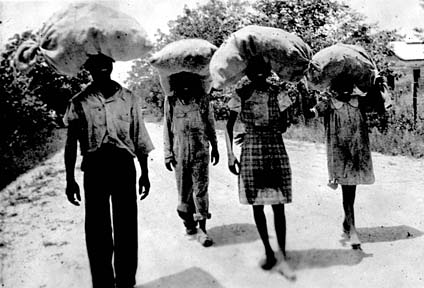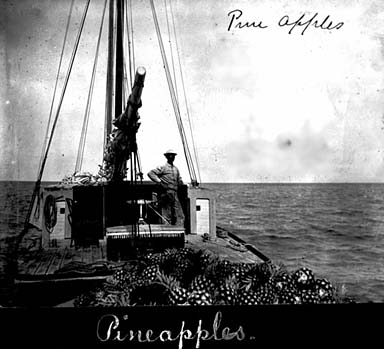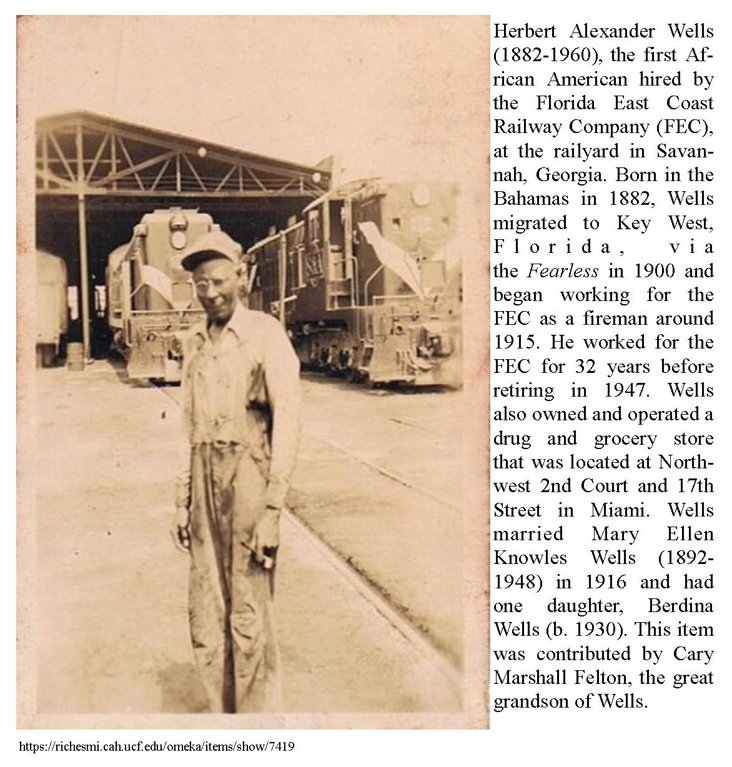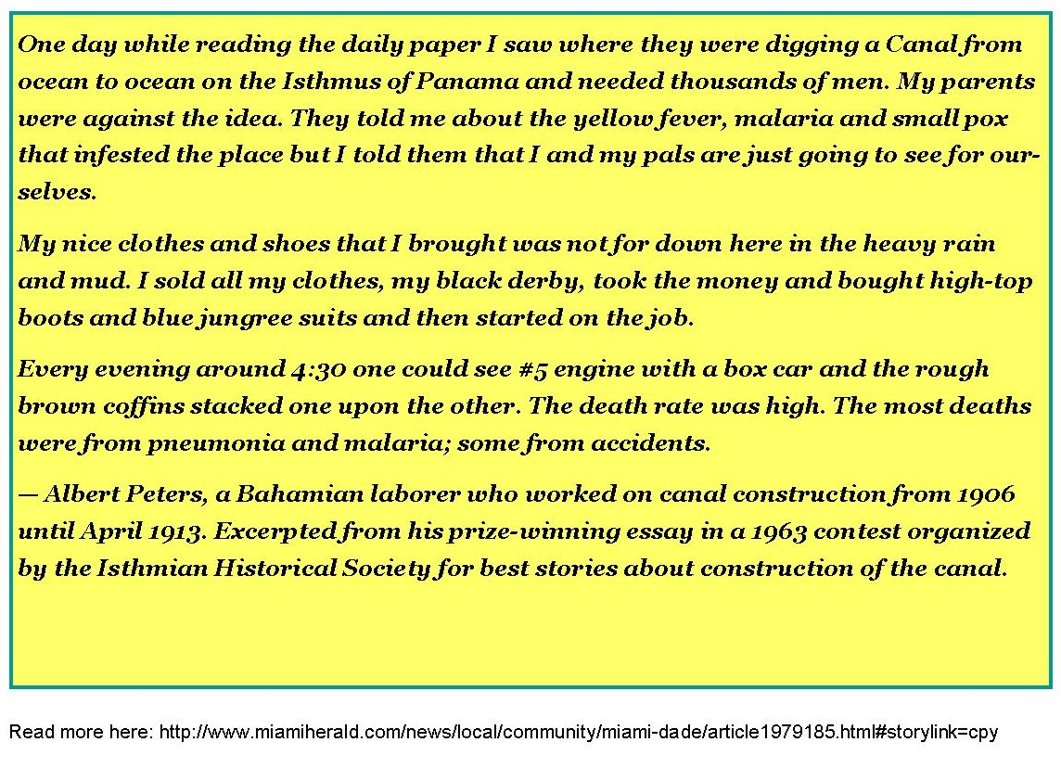The History of Bahamian Labour Migration
Migration
is a global issue. All over the world
vulnerable people leave their homeland in search of a better life. The Bahamas is no stranger to this issue, but,
most of our knowledge involves persons migrating to The Bahamas, but we usually
don’t examine our history as migrants. Perhaps
because, like most of our history, it is an untold story nevertheless, it is
one we must examine to help us better appreciate our struggles as a people. To put things into context, life a century
ago was very hard and there was very little opportunity for gainful employment
for black Bahamians so, many persons went to other countries in search of work. Some of these opportunities came in the form
of employment contracts with foreign countries or companies.


Pictures of Bhamian Migrants selling pineapples and working in Florida
Industries such as wrecking provided employment for many especially in the Southern Bahamas but, the placement of lighthouses and the creation of charts for sailors led to the demise of this industry. The agricultural sector also faced challenges as farmers also had difficulty getting crops to market due to the archipelagic nature of the country. This resulted in spoilage and poor quality of crops which negatively impacted the export products such as pineapples, citrus and sisal. A series of hurricanes also destroyed the sponge beds so in the 1930s this industry also suffered dramatically. Relief however came for many Bahamians from the United States’ Farm Labour Programme commonly known as “The Contract” in 1943. Under this programme, Bahamians signed seasonal contracts to provide farm labour across America; the remittances earned boosted the economy of many islands.
The Contract is the best know migration story but, it is not the only one. Records show that Bahamians began migrating to Florida as early as 1890 for seasonal agricultural work and at one point; the exodus to Florida was so great that, from 1900 to 1920 one fifth of the Bahamian population went to Florida. They worked on farms and also got jobs at the resorts across the state. Bahamians also provided a heavy labour component for Henry Flagler’s Florida East Coast Railway in the 1900s. In fact, Herbert Wells, the first black hired by Florida East Coast was a Bahamian and at the time of his death he was hailed as a pioneer of Florida.

From
1900 to 1912 Bahamians were recruited to cut cane in the Dominican Republic
but, there was no great exodus this time as there were laws designed to restrict
“coloured immigration”. Prior to that
between 1895 and 1908 Bahamians went to Panama as West Indians were commissioned
to work on the construction of the ambitious Panama Canal. Unfortunately, exposure to diseases like
malaria and typhoid fever were high, the West Indians were also assigned the
more dangerous job of dynamiting. Complaints
were made to the British colonial authorities, but intervention came too late
for many. In addition to Panama, Bahamians were also contracted to work in
Costa Rica, Honduras and Guatemala on the United Fruit Company and the Atlantic
Fruit Company plantations, as well as the Cárdenas/Monterrey Division of the
National Railways of Mexico and the Mexican port of Tampico. The conditions in Central America were so
harsh and unfavourable that many returned in worse conditions than they left
suffering from disease and disability. In addition to their harsh treatment, their
contracts were sometimes not honoured, further, monies were not sent home
instead, wages were taken and passages home were denied. Bahamians therefore left seeking employment
opportunities in the United States but, while conditions were better, they
still faced danger and discrimination. To
their credit, it was said that when contracts were not honoured and employers
did not live up to expectations, Bahamians would leave in mass numbers. One of the primary reasons were, in many
countries, they faced a level of prejudice and discrimination that they were unaccustomed
to in the Bahamas. Bahamians therefore
opted to return home, preferring to be free and poor than to suffer injustices.
